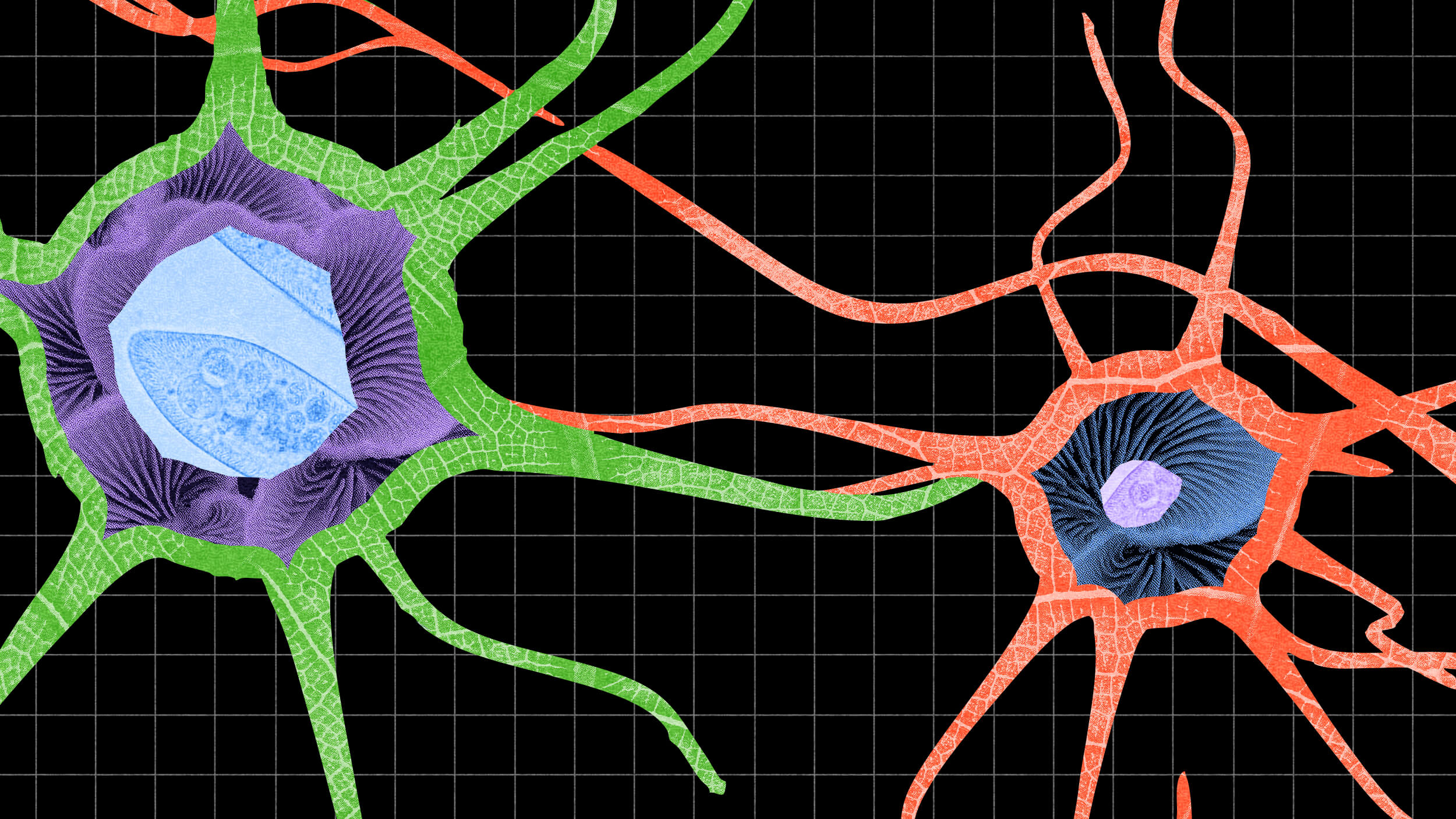- The CDC has identified an outbreak of salmonella caused by contact with hedgehogs.
- A hedgehog can appear healthy and still carry salmonella.
- Conscientious hygiene is required for anyone living with a hedgie.
If you live in New York City, Pennsylvania, California, Hawaii, or Washington, D.C., we know you don’t own a hedgehog — they’re illegal in those places. However, if you live anywhere else…
As a society, we’ve been developing a massive crush on these impossibly cute creatures: 2,752,587 Instagram posts are currently tagged #hedgehog. But unhand that little quill ball for a second; the CDC has just issued a notice that kissing and cuddling one of these little sweeties may result in your contracting — no, not diabetes — salmonella. And that’s no fun. Or worse.

(CDC)
The CDC notice
From October to December 2018 alone, 11 people in eight U.S states have been infected with Salmonella Typhimurium, and are believed to have contracted the illness from hedgehogs — 10 of the 11 reported contact. No deaths have been reported, and just one hospitalization, but it’s only a two-month period, so the cause for concern is obvious.
While most people recover from a salmonella infection without treatment, it’s still a nasty disease and can be fatal in rare cases without prompt antibiotic treatment. Most victims, says the CDC, can expect fever, stomach cramps, and diarrhea 12 to 72 hours after exposure. It’s usually four to seven days before the symptoms abate. If diarrhea is severe enough, hospitalization may be required.
Kids younger than five, adults over 65, and people with compromised immune systems are most at risk.

(Flickr user grrrl)
What to do if you have a hedgehog pet
Most of the hedgehogs Americans enjoy having in their families are African pygmy hedgehogs, or Atelerix albiventris. (There are no hedgehogs native to the U.S.) Unfortunately, even healthy-seeming hedgies can carry salmonella in their droppings, and the germs can easily spread to their toys, habitats, bedding, and throughout any areas in which they spend time.
The CDC notice doesn’t conclude that you can’t have a hedgehog as a pet, though the animals do require special care to remain healthy, happy, and adorable. The agency simply recommends taking some common-sense precautions:
- Wash your hands with soap and water after touching a hedgehog or feeding it. It’s especially important to do so after cleaning its habitat. (Make sure children in the household know how to correctly wash their hands.)
- Make sure your interaction with a hedgehog doesn’t provide germs an easy way to enter your body. Sorry, but yes, kissing a hedgie is dangerous since salmonella can get directly onto your face and into your mouth. Likewise, cuddling invites salmonella transfer to your skin and clothing.
- Keep human food away from hedgehogs — make sure that they don’t play where food is prepared or stored.
- When you clean a hedgehog’s habitat or belongings, including toys, try to do it outside the house. At a bare minimum, don’t do it in your kitchen or in any area where food is prepared.






